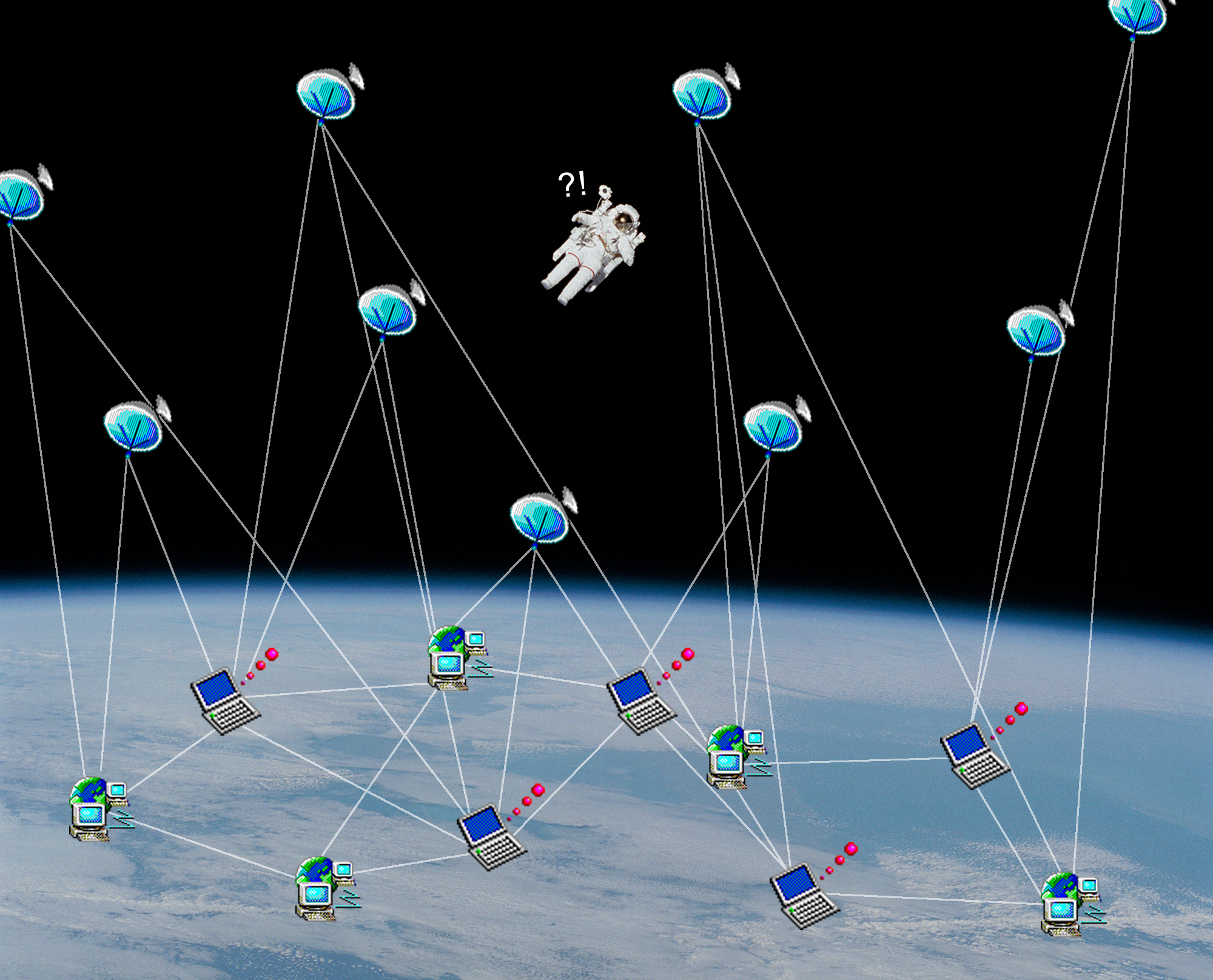Now that all the Cybertruck excitement has died down, let’s take a look at what Elon Musk’s new broadband service could mean.
At the time of writing, the U.S. Federal Communications Commission has given the thumbs-up for SpaceX to fling 12,000 Starlink satellites into low-Earth orbit. They’re doing this in batches, and the second batch was just a couple of of weeks ago.
But of course, SpaceX want to dish out internet that’s not only the fastest, but has the most coverage. So naturally they’ve asked the International Telecommunication Union if they can pump out 30,000 more satellites.
🌐 The internet should just be better: essentially Elon Musk has a vision of the world where everyone gets reliable internet. At the moment, there are people in the US who pay $80 a month for rubbish internet. There are people in other parts of the world who have no internet at all. The goal is to get everyone online, reliably.

The intention is there, but what about the outcomes?
We all want better internet but there’s been no indication of how much Starlink internet will even cost (and… if it is any good). If the goal is to get more people online, the price needs to reflect what certain internetless communities can pay — for some that would be $0 a month.
We’ve been in this territory before; Facebook, Google, and Amazon also have their own plans to bring more internet to the planet. However their approaches raise further concerns about data and power centralisation, and how certain free internet models such as Facebook’s Free Basics are a privacy nightmare, with all web requests being made by Facebook on the user’s behalf.
Will SpaceX step up and do the right thing? Essentially, they are going to be a new kind of internet service provider — they have a chance to radically change the way connectivity works all around the world.
Although they can only operate in the constraints we have now: we don’t have net neutrality, so private companies can charge what they like, look at our browsing habits, and control our download speeds. This has led to a kind of private, self-regulated internet where users have less freedom and privacy.
With their resources, Starlink could drive this one of two ways: maintain the old way of doing things — just with more of the Earth’s population online, or completely transform the way we connect to the internet, across the entire world. 🛰
